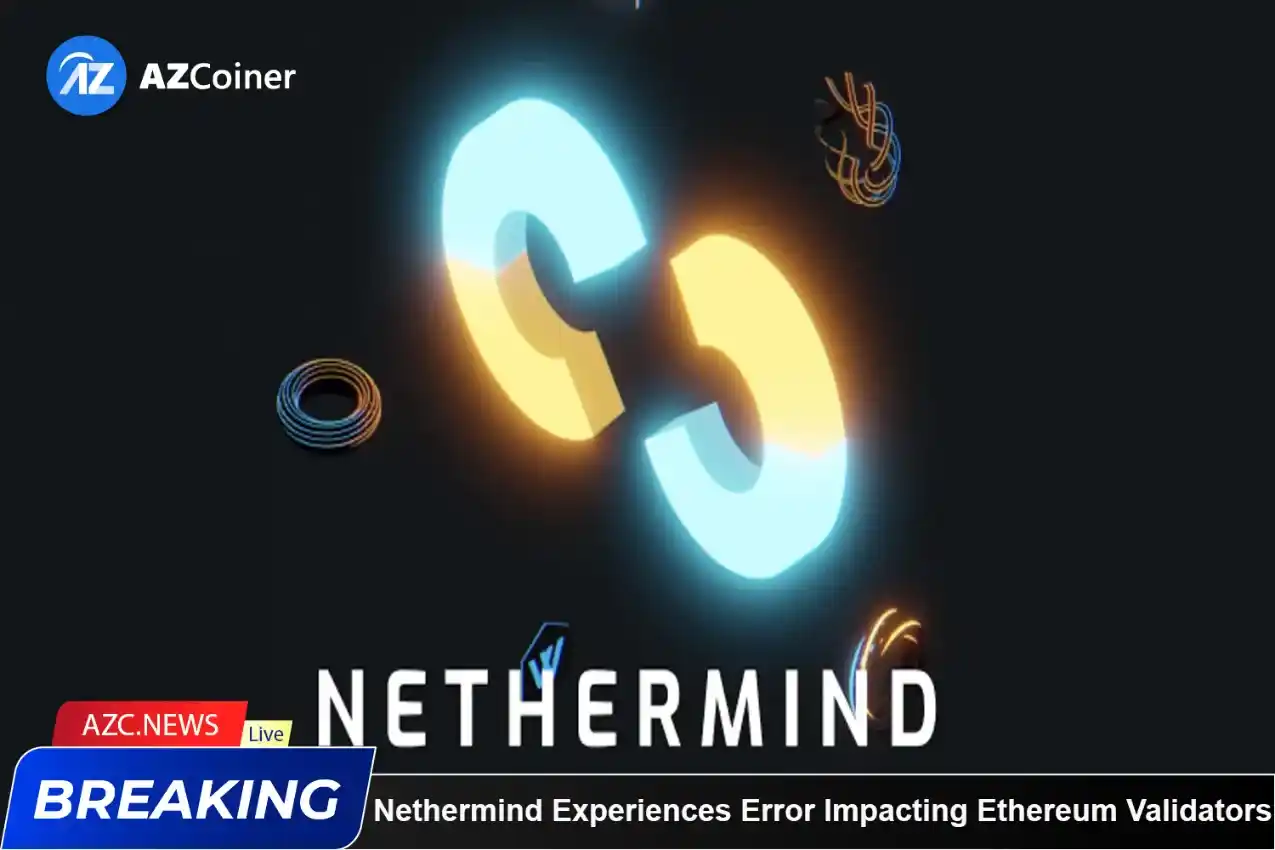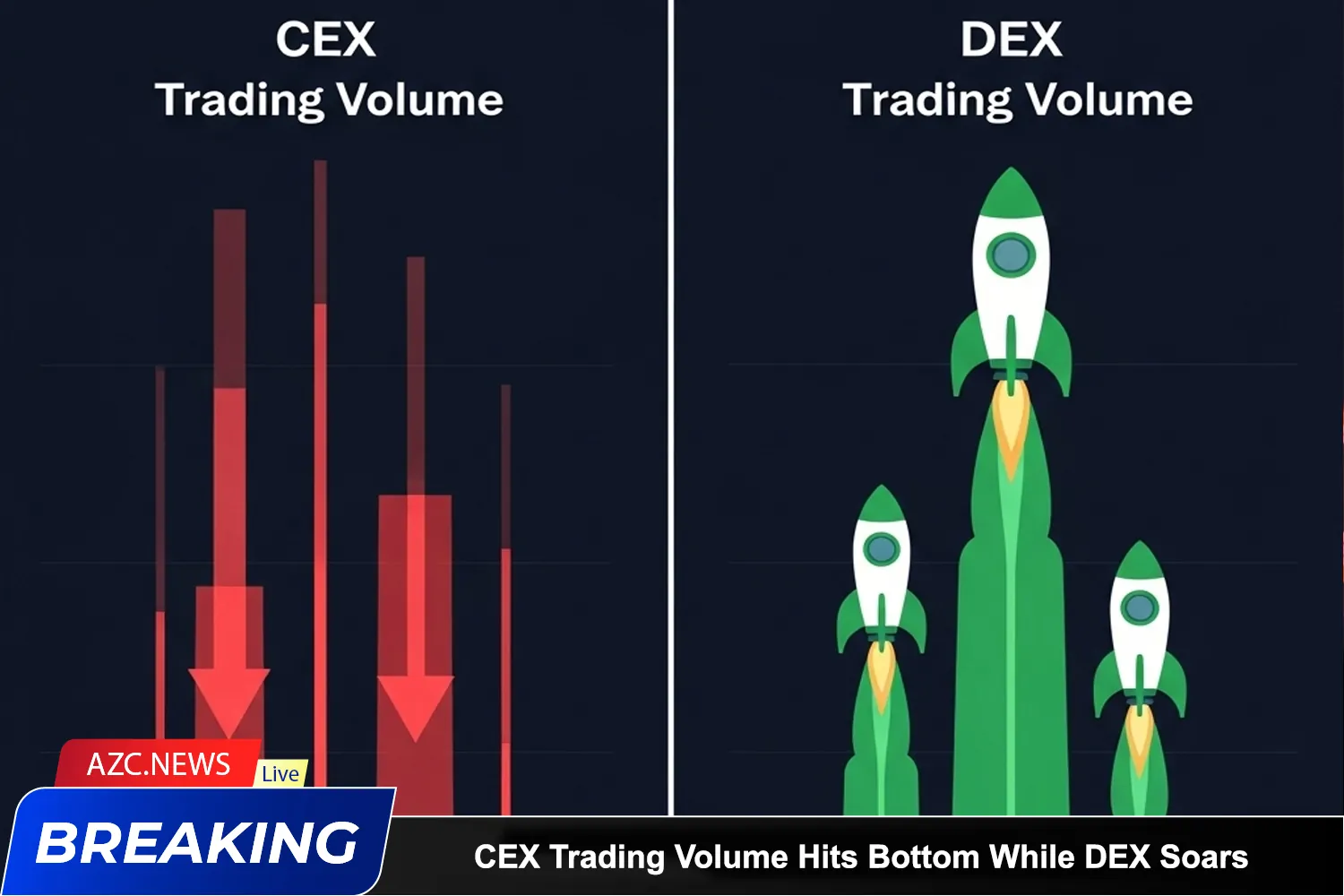The issue was identified and reported to the software provider, Nethermind, by the X community on the morning of January 22. The problem stemmed from the consensus process of the software and occurred at block number 19056922.
As a result of the incident, 10% of Validators were unable to participate in consensus with the network. The participation rate in consensus verification even dropped to 85% at times.
Nethermind’s development team later confirmed a flaw in the software and promptly deployed a patched version. The project also recommended that Validators swiftly transition to the new version, 1.25.2, to avoid encountering such issues.
Nethermind’s CTO, Daniel C, stated that the incident was highly serious, but the community’s support was crucial in enabling the team to swiftly implement the bug fix on Sunday evening.
Related: Ethereum Confronts Critical Bug, Jeopardizing Network Integrity
Concerns Arising
The recent bug incident, although predominantly impacting Nethermind users, has sparked renewed discussions within the Ethereum community about the necessity of diversifying Ethereum clients. Presently, a significant portion of Ethereum users relies on the Geth client, constituting 84% of execution clients on the network.
As of the latest available data, Nethermind makes up only 8.2% of execution clients on the Ethereum network. However, a screenshot shared by Ethereum enthusiast Anthony Sassano in August depicted a healthier execution client diversity, with Geth and Nethermind representing 48% and 26% of execution clients, respectively. Sassano commended client diversity as one of Ethereum’s notable achievements.
 OMN
OMN  BTC
BTC  ETH
ETH  USDT
USDT  XRP
XRP  BNB
BNB  SOL
SOL  USDC
USDC  TRX
TRX  DOGE
DOGE 





